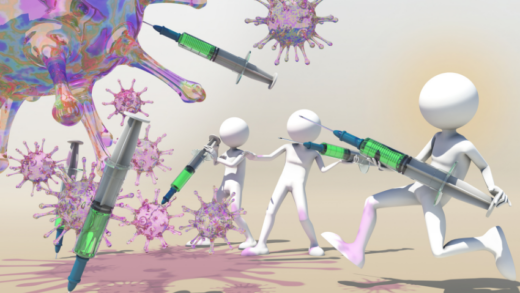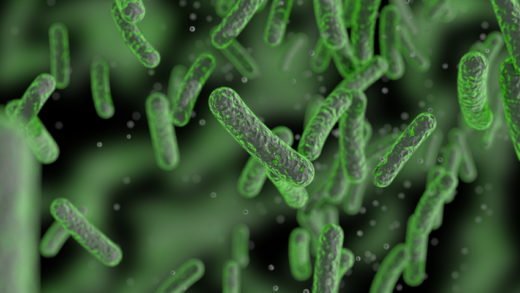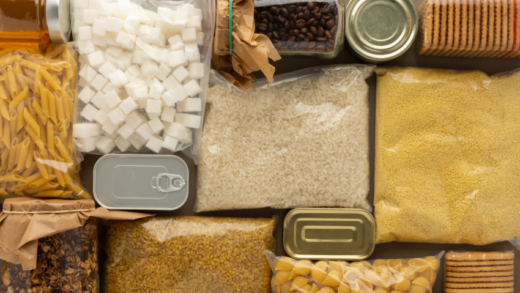Food is essential for our survival, but it can also be a source of illness if not handled properly. Cross-contamination of food is a serious issue that can lead to food poisoning, allergies, and other health problems. It occurs when harmful bacteria, viruses, or other microorganisms are transferred from one surface or food to another. In this article, we will explore the causes of cross-contamination and provide simple tips on how to prevent it.
What is Cross-Contamination of Food?
Cross-contamination of food occurs when harmful bacteria, viruses, or other microorganisms are transferred from one surface or food to another. This can happen in many ways, such as through contaminated cutting boards, utensils, or hands. Cross-contamination can also occur when raw meats are stored near ready-to-eat foods, such as fruits and vegetables.
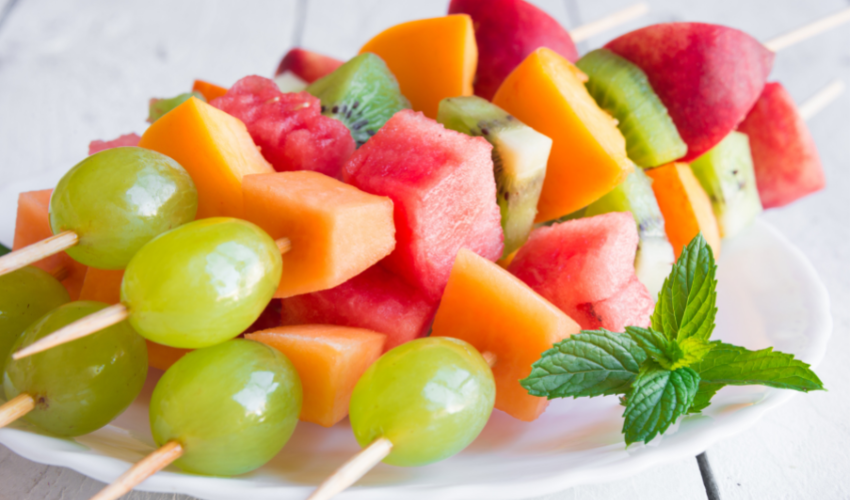
How to Prevent Cross-Contamination of Food?
To prevent cross-contamination of food, it is important to follow these simple guidelines:
- Wash Your Hands:
Washing your hands is one of the most effective ways to prevent cross-contamination of food. Always wash your hands before and after handling food, especially raw meats. Use warm water and soap and scrub your hands for at least 20 seconds. - Use Separate Cutting Boards:
Using separate cutting boards for raw meats and other foods is an effective way to prevent cross-contamination. Color-coded cutting boards can also be helpful, with one board designated for raw meats and another for fruits and vegetables. - Store Foods Properly:
Storing foods properly is important to prevent cross-contamination. Raw meats should always be stored on the bottom shelf of the refrigerator to prevent any drips from contaminating other foods. - Cook Foods Thoroughly:
Cooking foods thoroughly is another way to prevent cross-contamination. Meat, poultry, and seafood should be cooked to a safe internal temperature to kill any harmful bacteria. Use a food thermometer to ensure that the food has reached a safe temperature. - Avoid Cross-Contaminating Utensils:
Avoid using the same utensils for raw meats and other foods. Use separate utensils, such as tongs, to handle raw meats, and wash them thoroughly before using them for other foods.
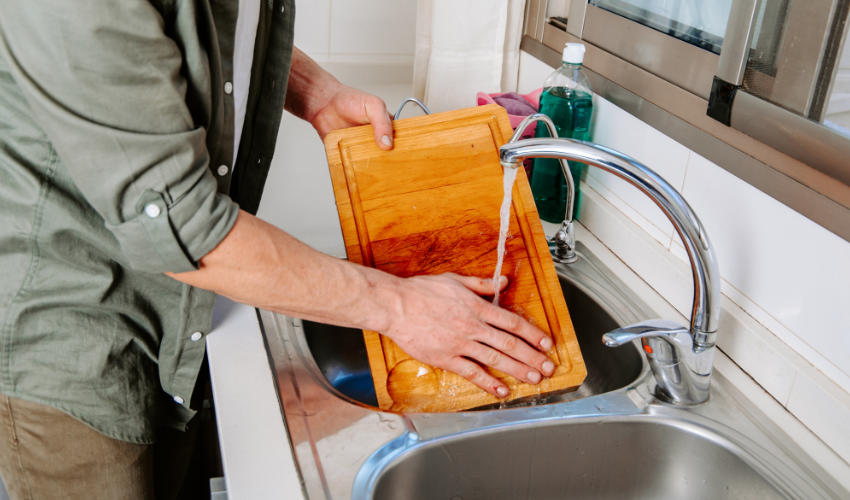
Frequently Asked Questions:
Can cross-contamination of food be dangerous?
Yes, cross-contamination of food can be dangerous. It can lead to food allergies, poisoning and other health problems.
How long should I wash my hands for to prevent cross-contamination of food?
You should wash your hands for at least 20 seconds to effectively prevent cross-contamination of food.
Can cutting boards be cleaned after being used for raw meats?
Yes, cutting boards can be cleaned after being used for raw meats. Clean them thoroughly with soap and water, or put them in the dishwasher.
What is the safe internal temperature for cooking meat, poultry, and seafood?
The safe internal temperature for cooking meat, poultry, and seafood varies depending on the type of food. For example, the safe internal temperature for chicken is 165°F, while the safe internal temperature for beef is 145°F.
Can cross-contamination of food occur during food preparation?
Yes, cross-contamination of food can occur during food preparation if proper precautions are not taken. For example, if a cutting board used for raw meat is not properly cleaned before being used for other foods, harmful bacteria can be transferred and cause cross-contamination. It is important to follow the guidelines outlined in this article to prevent cross-contamination during food preparation.
Conclusion:
Cross-contamination of food can be a serious health concern, but it is easily preventable. By following the simple guidelines outlined in this article, such as washing your hands, using separate cutting boards, storing foods properly, cooking foods thoroughly, and avoiding cross-contaminating utensils, you can keep your family safe and healthy. Remember, food safety starts with you, so make sure to take the necessary precautions to prevent cross-contamination of food.
